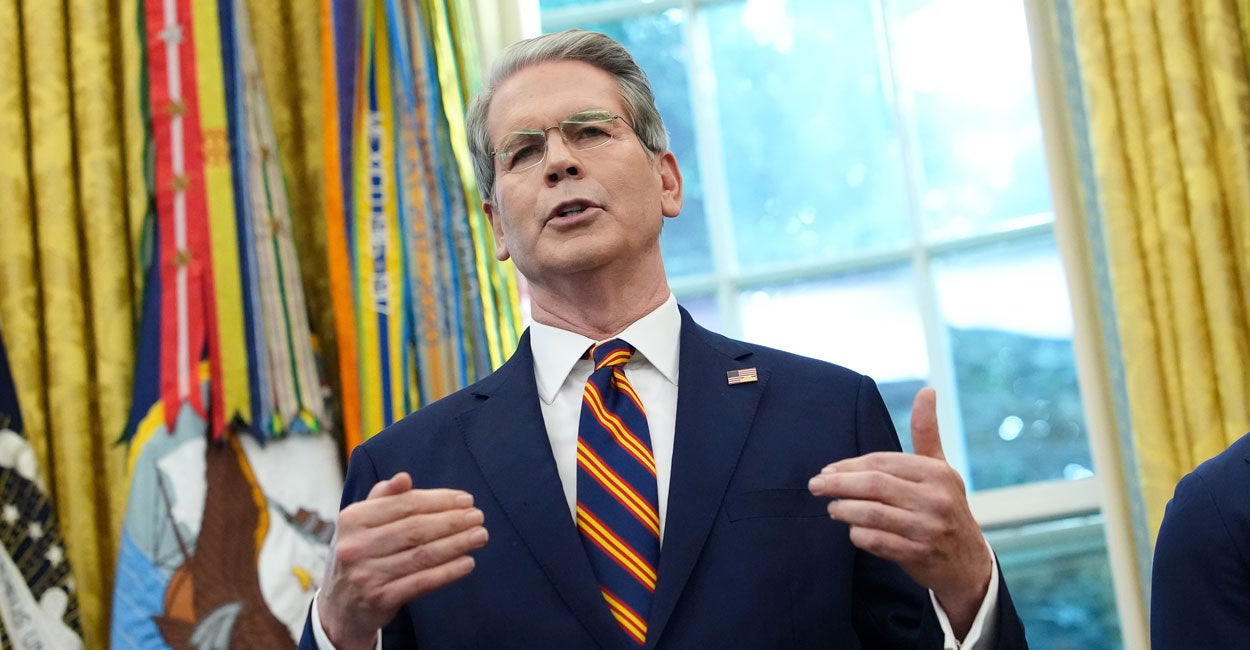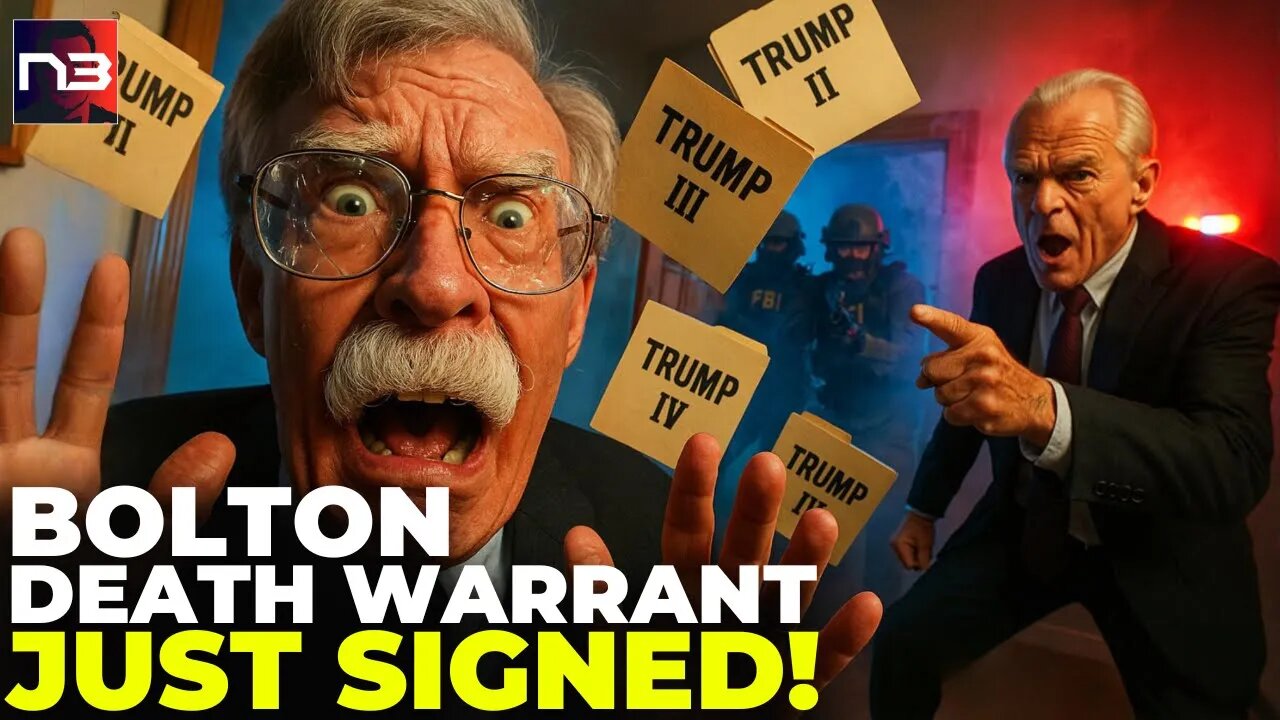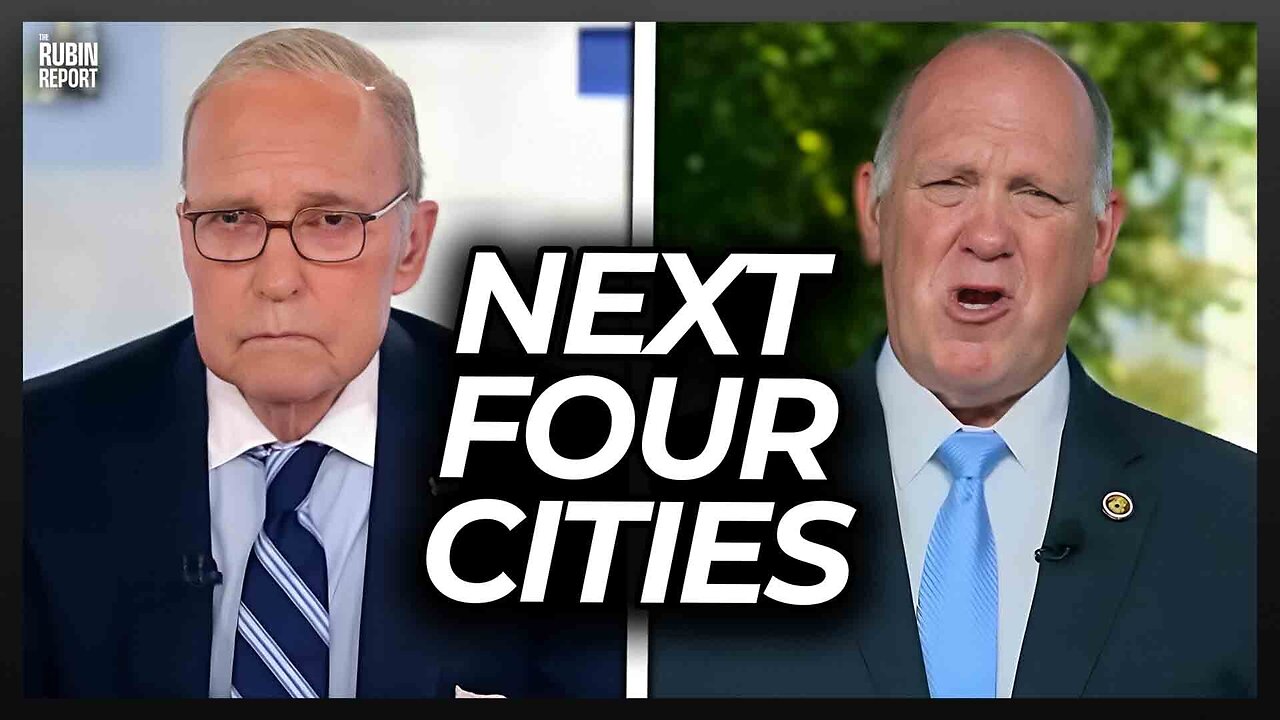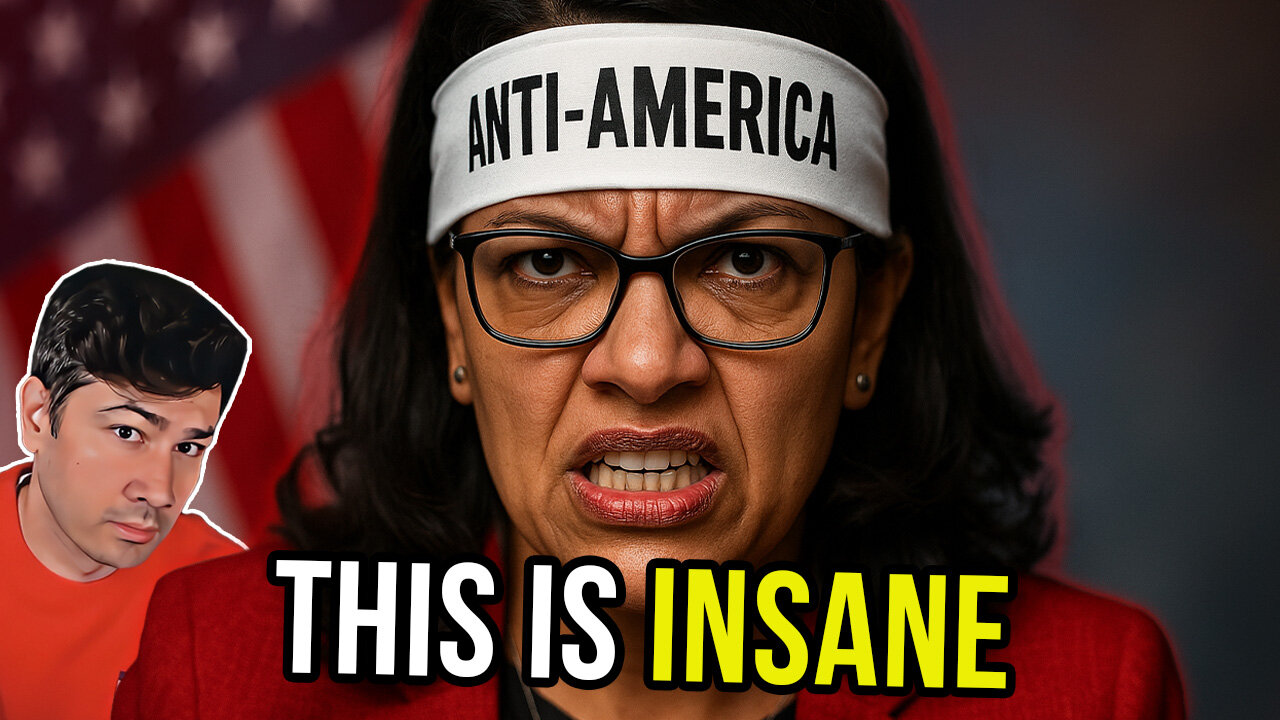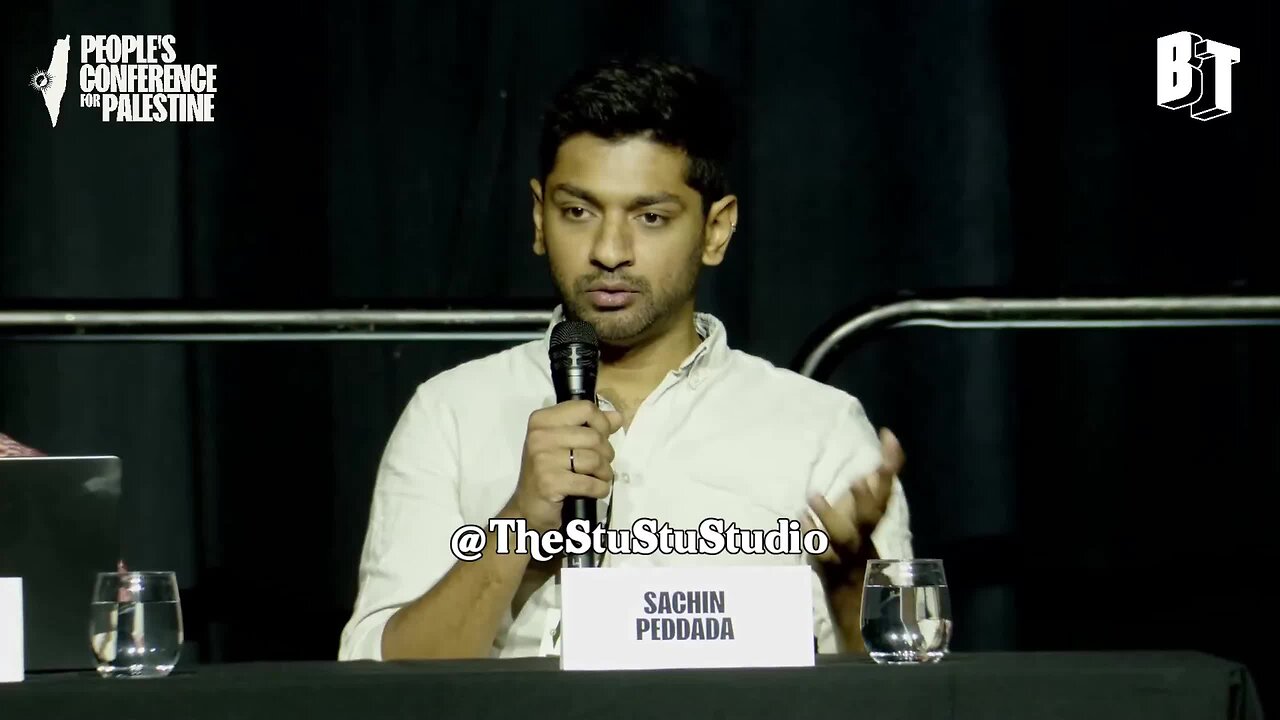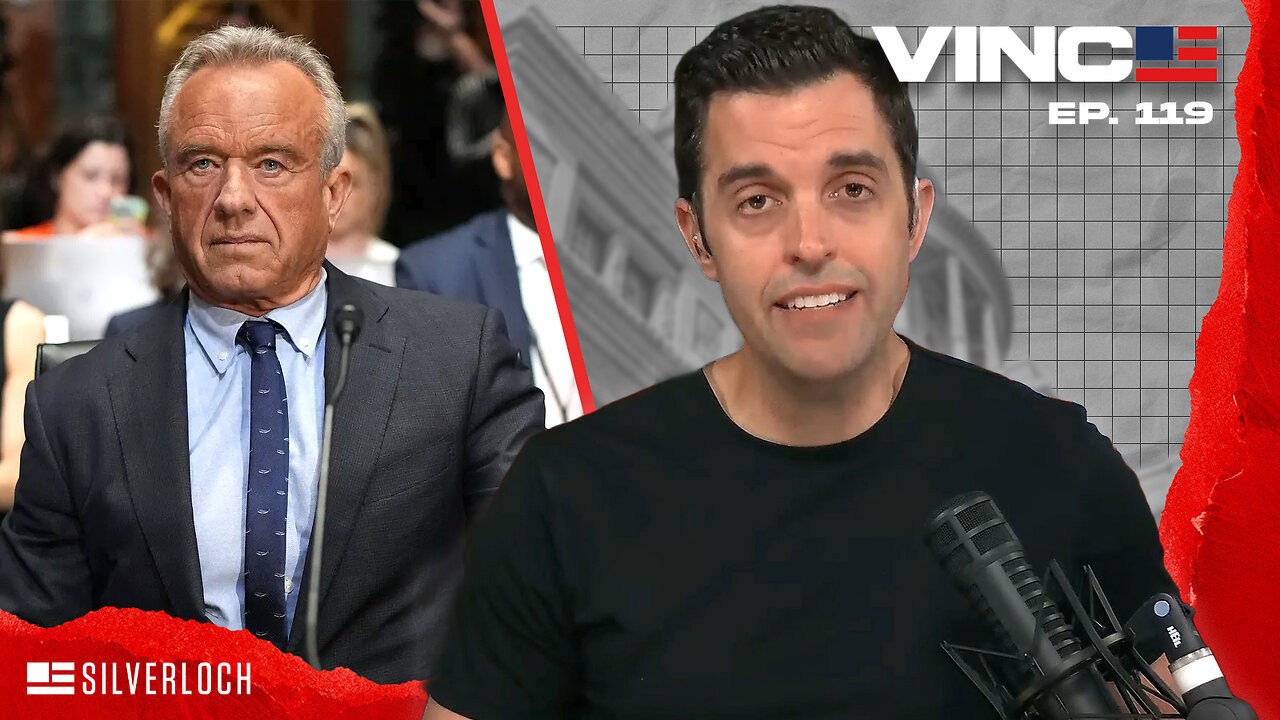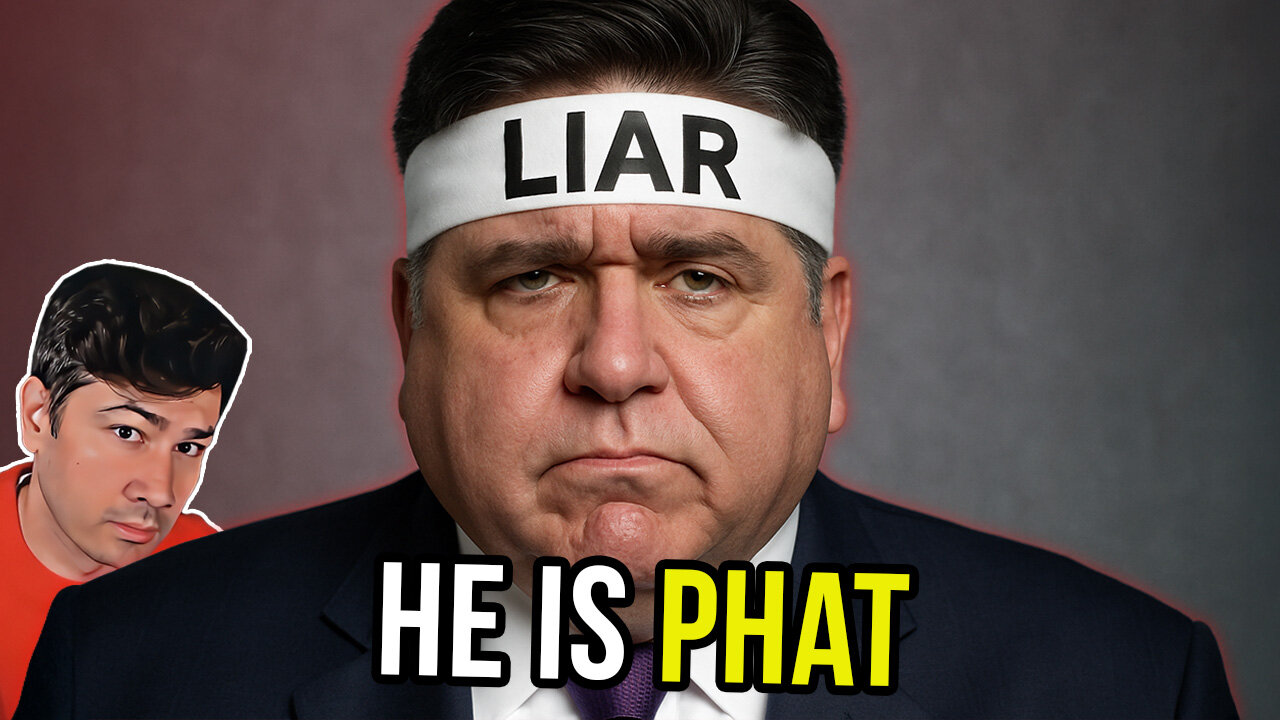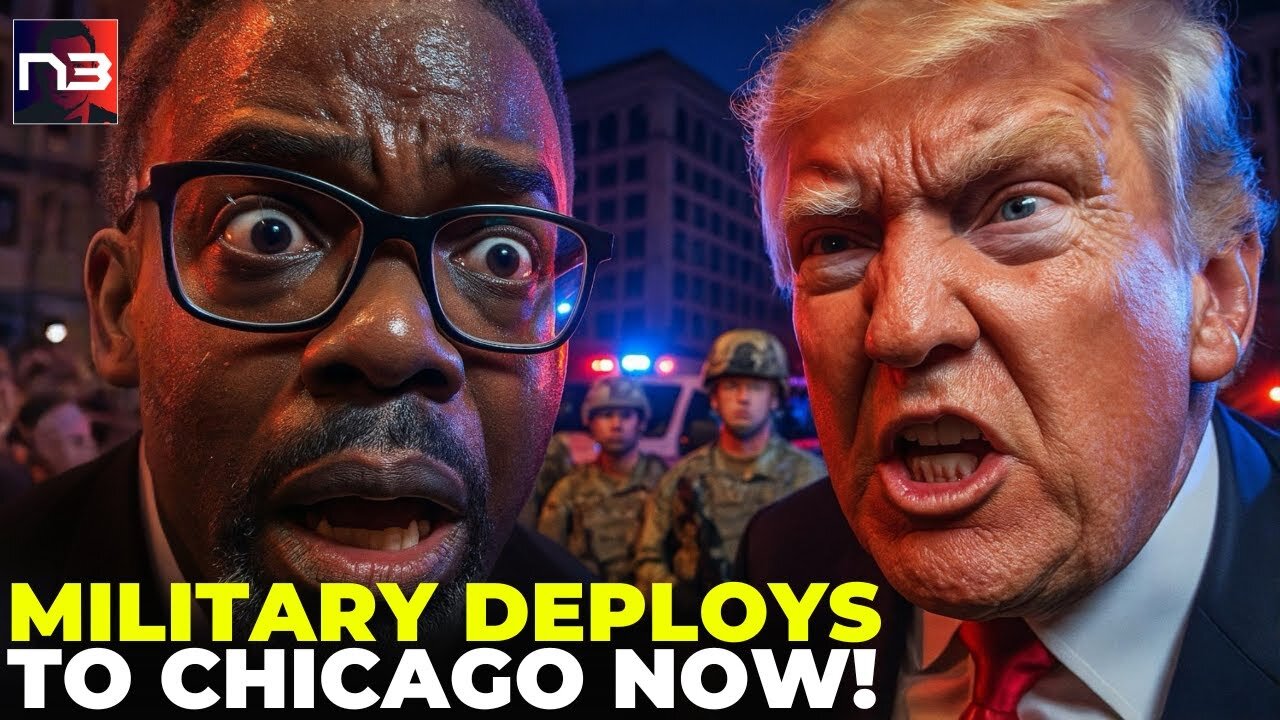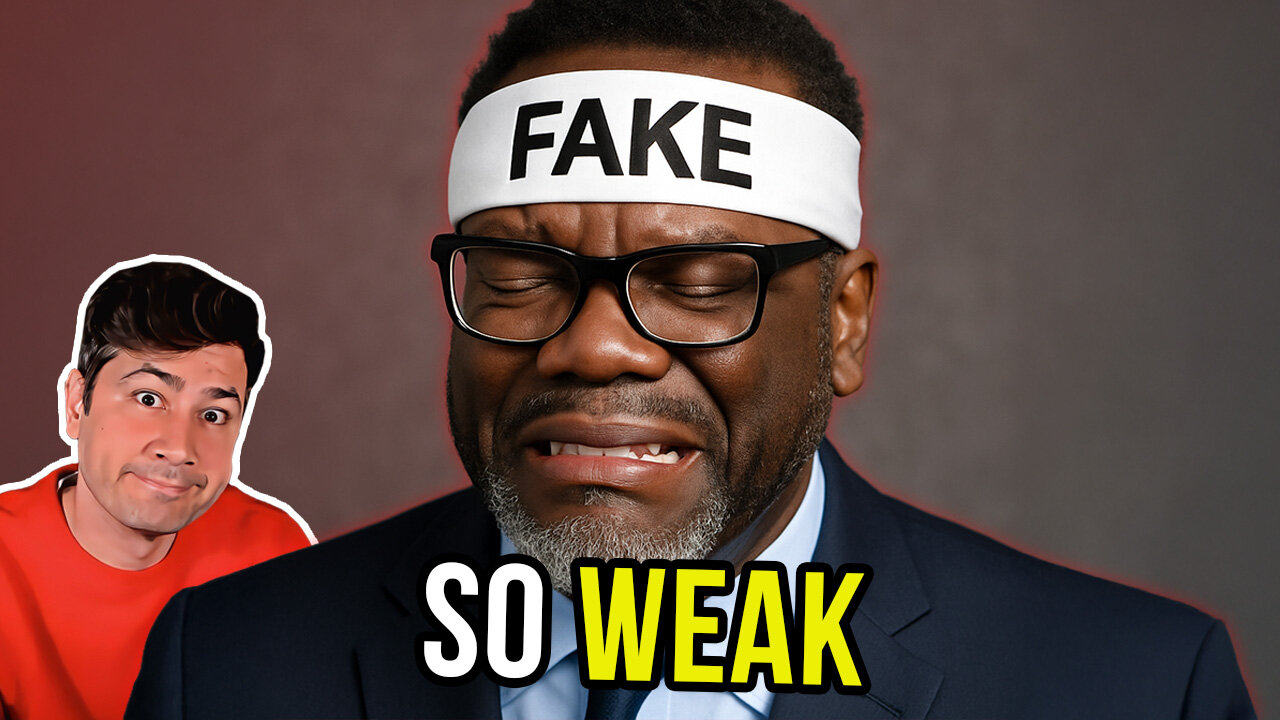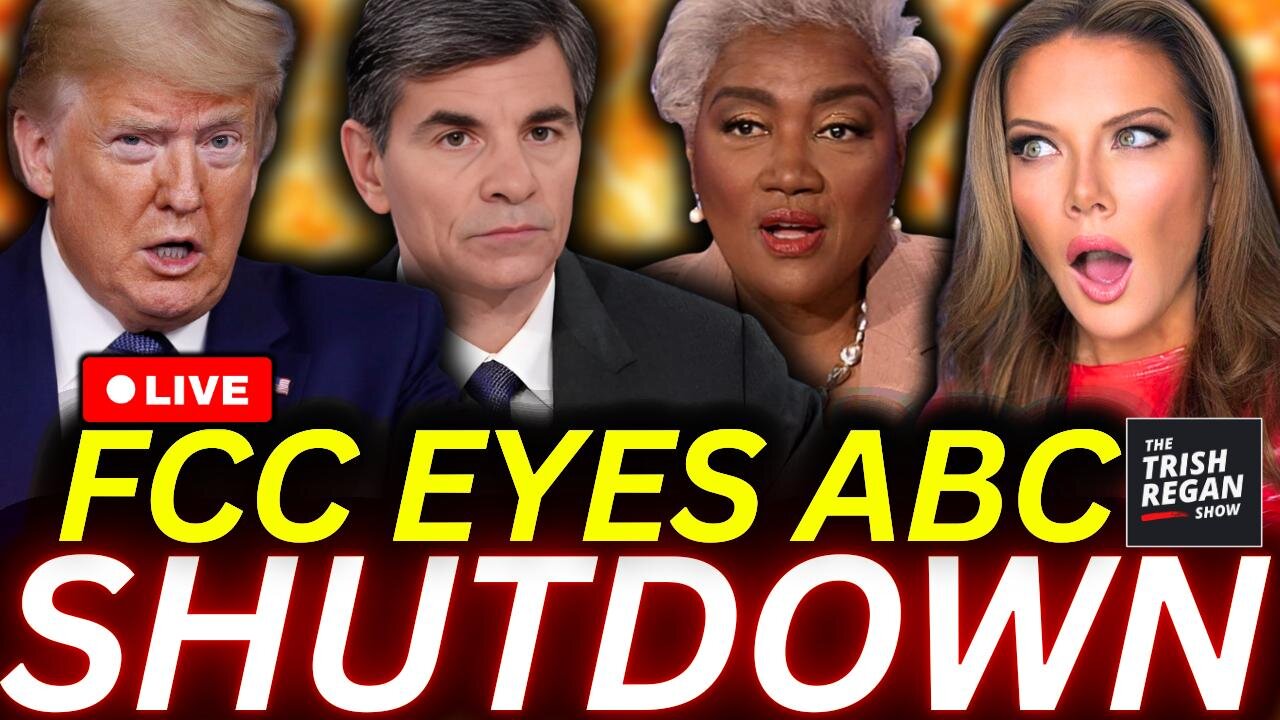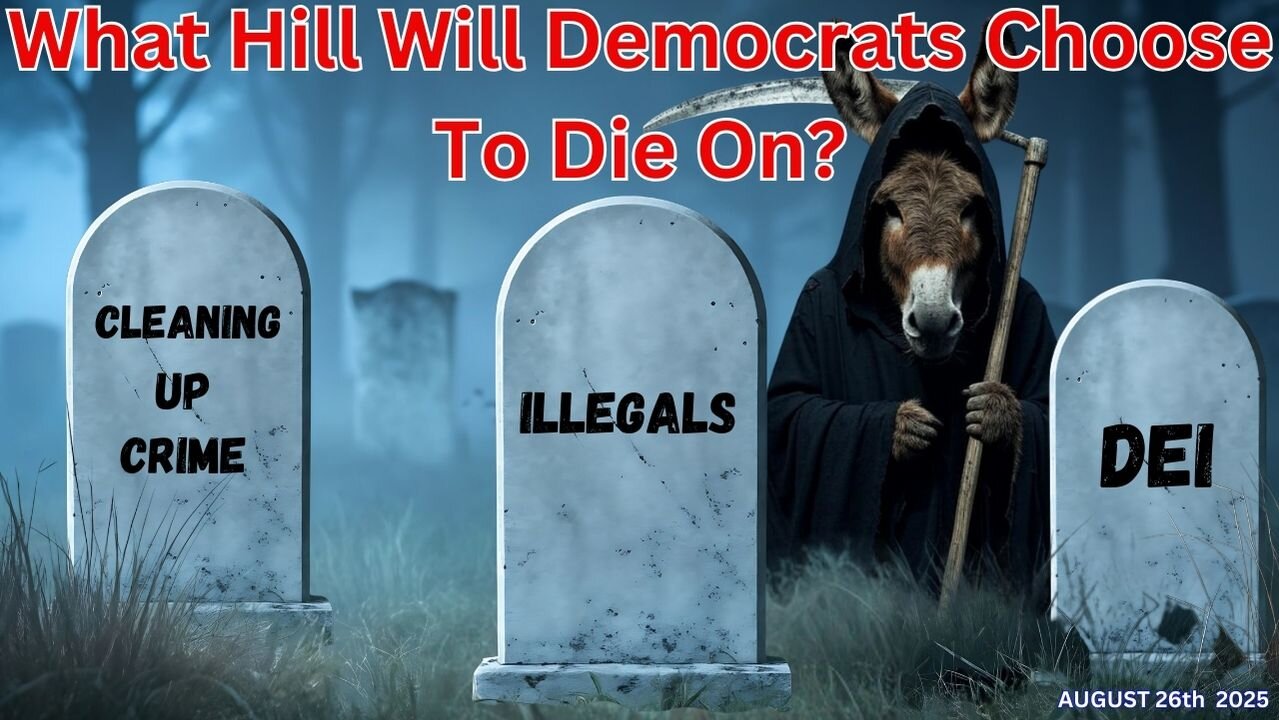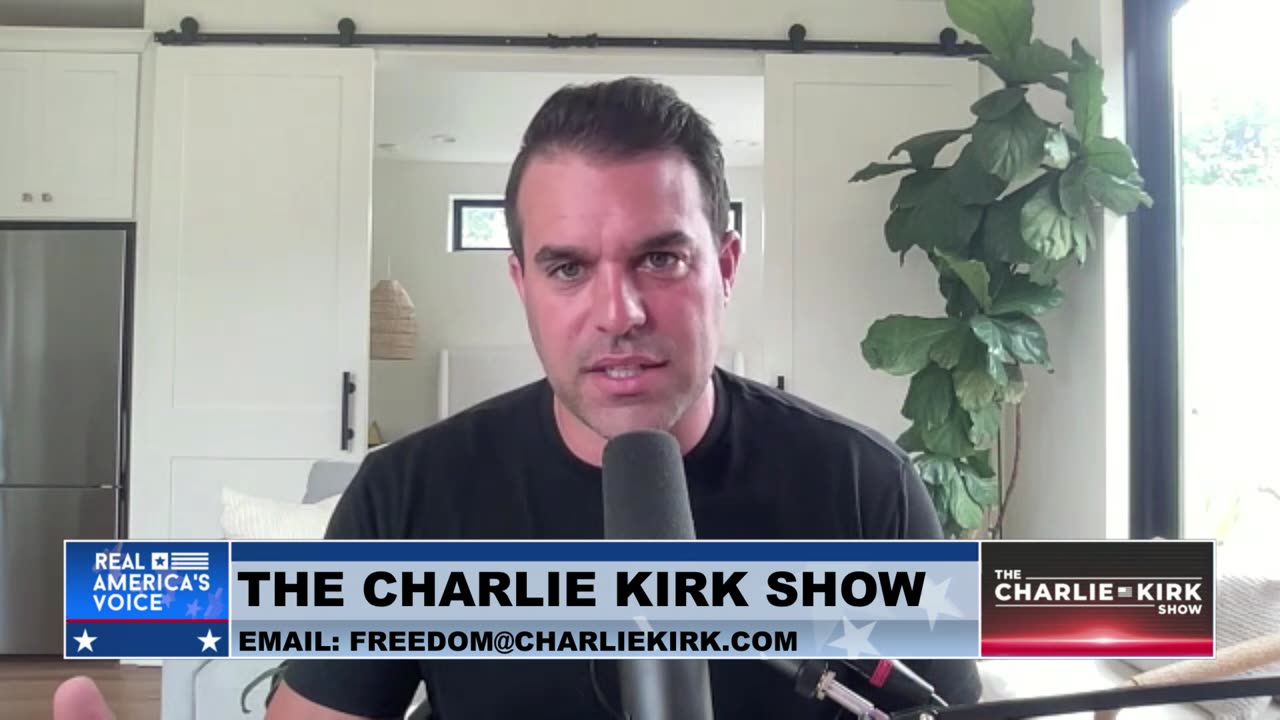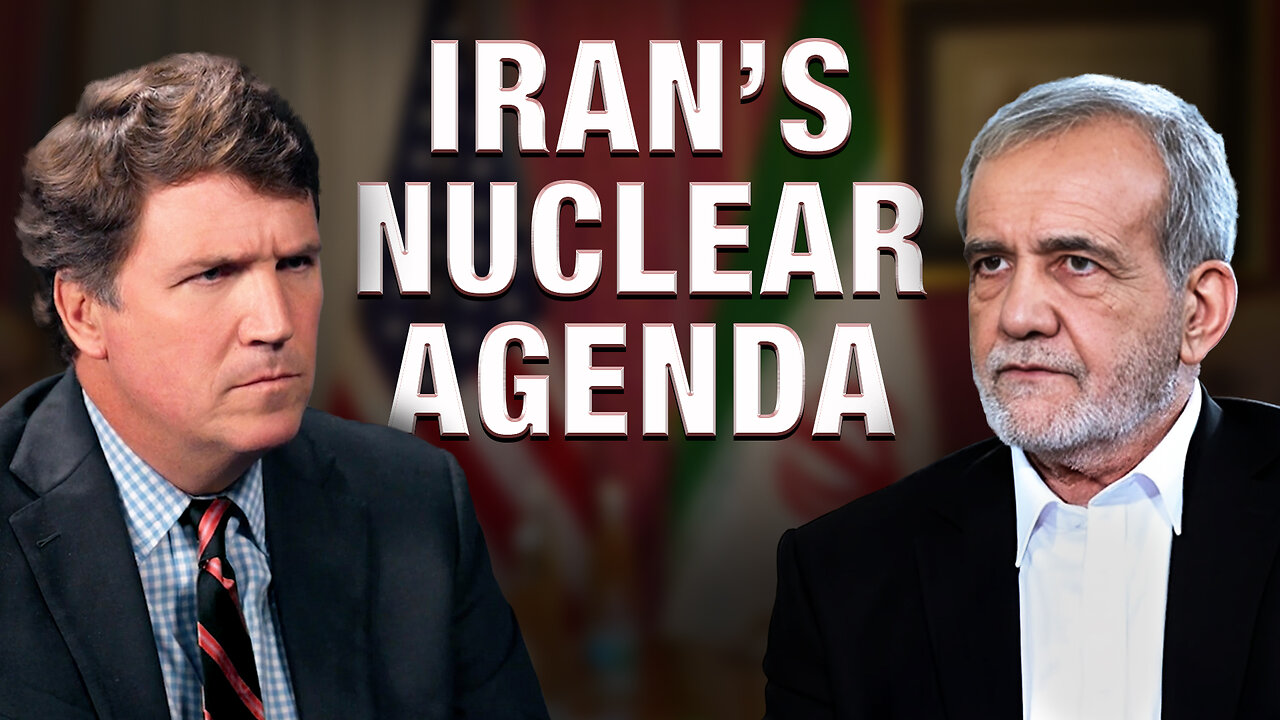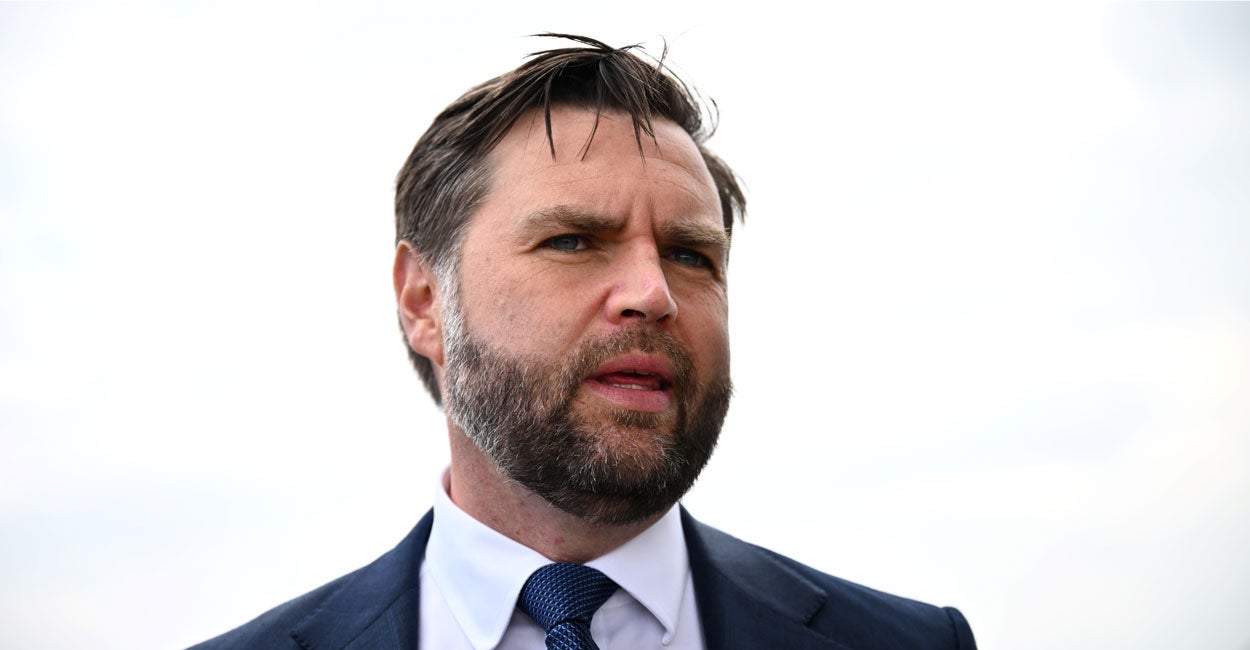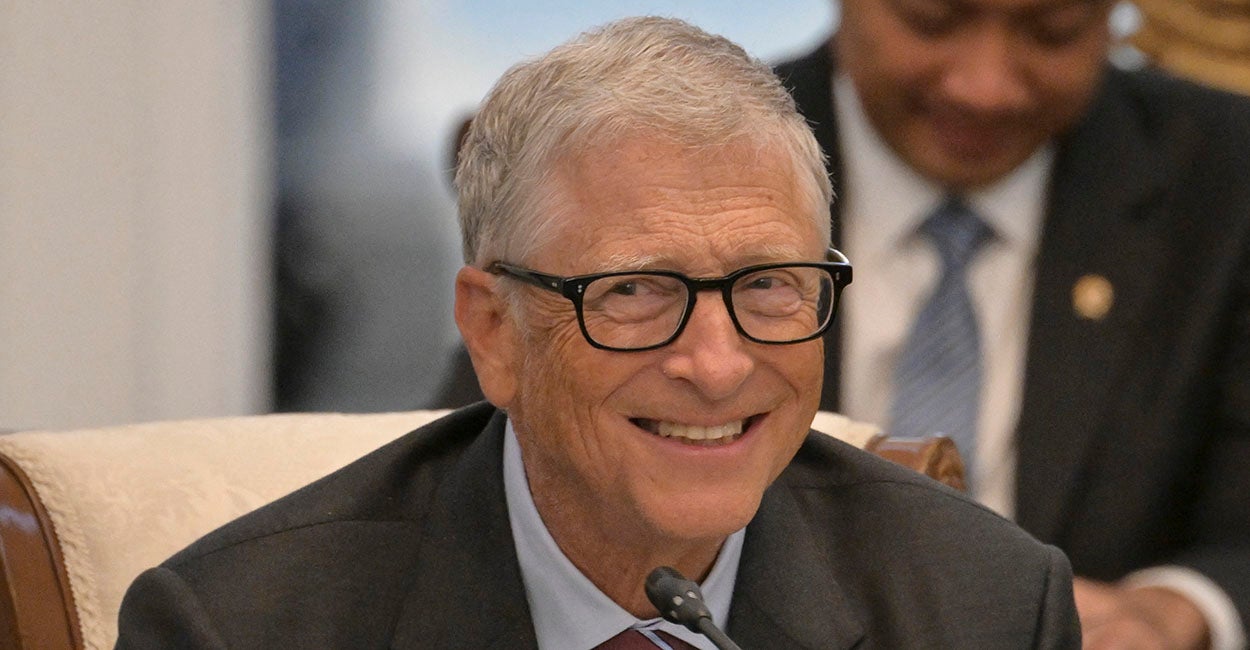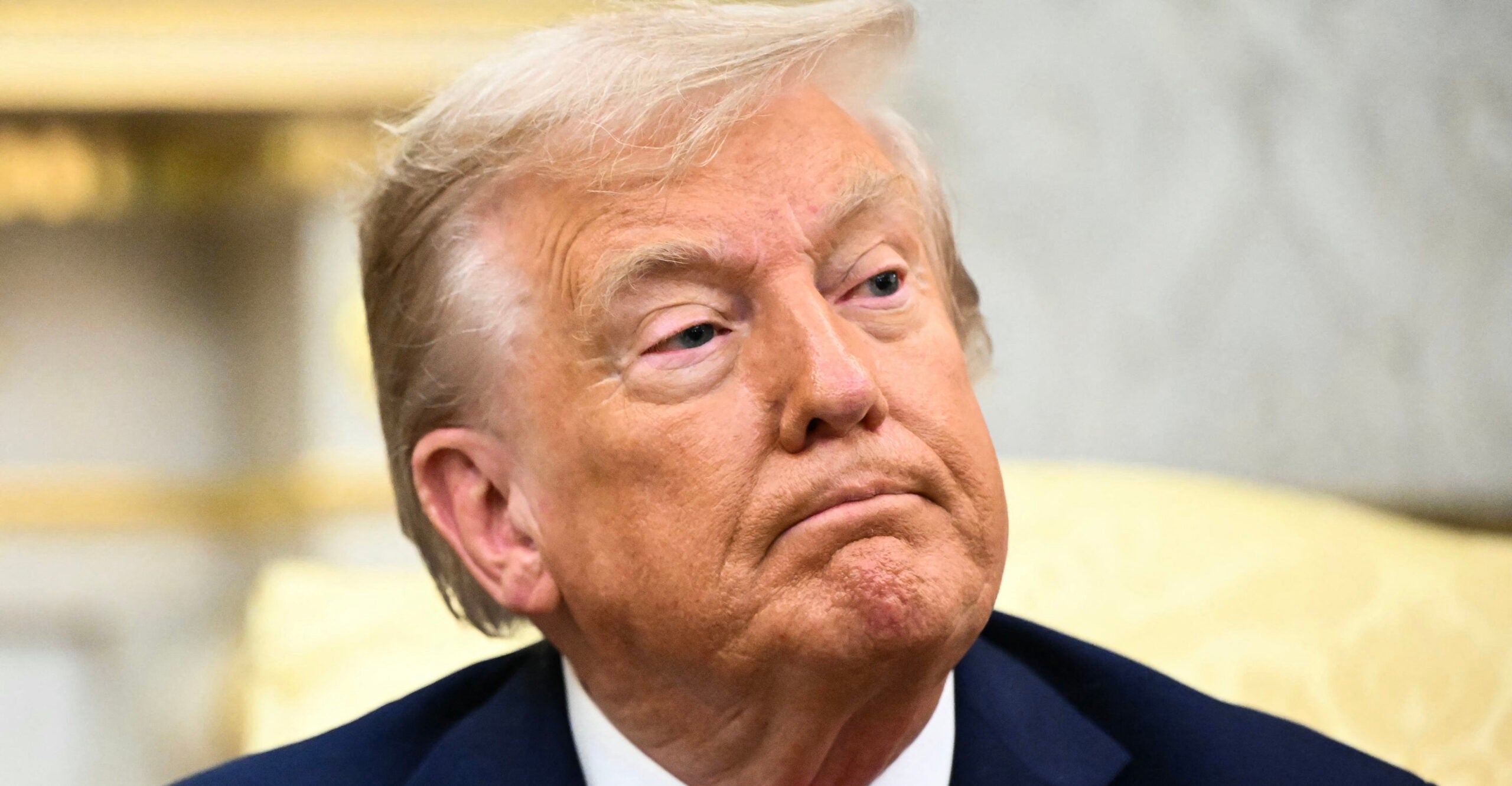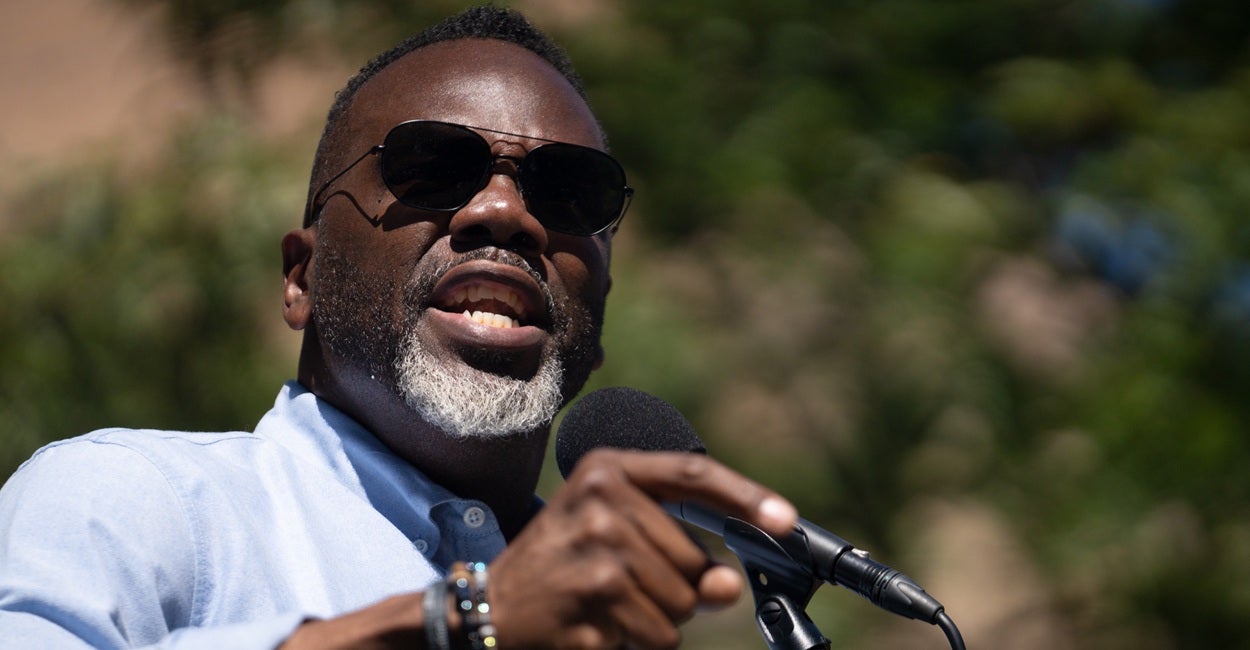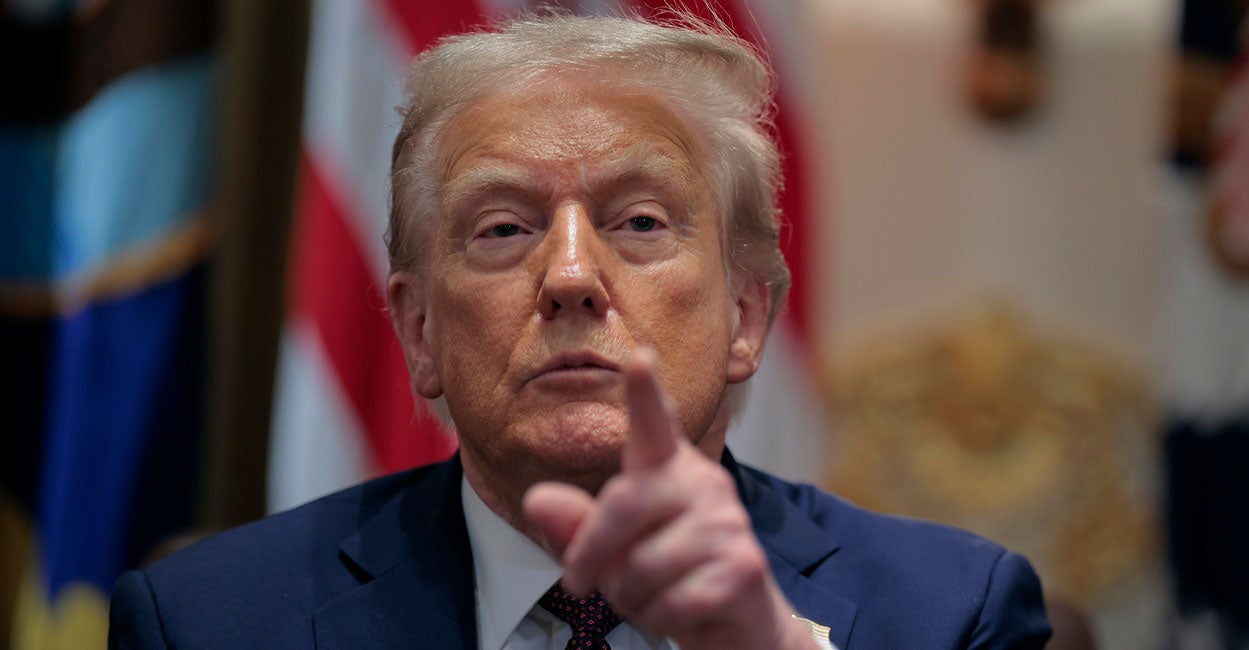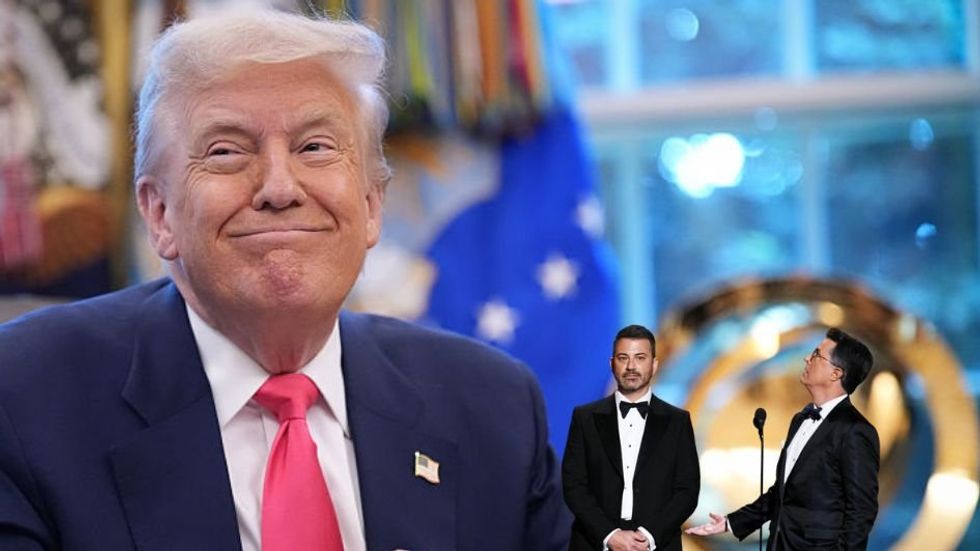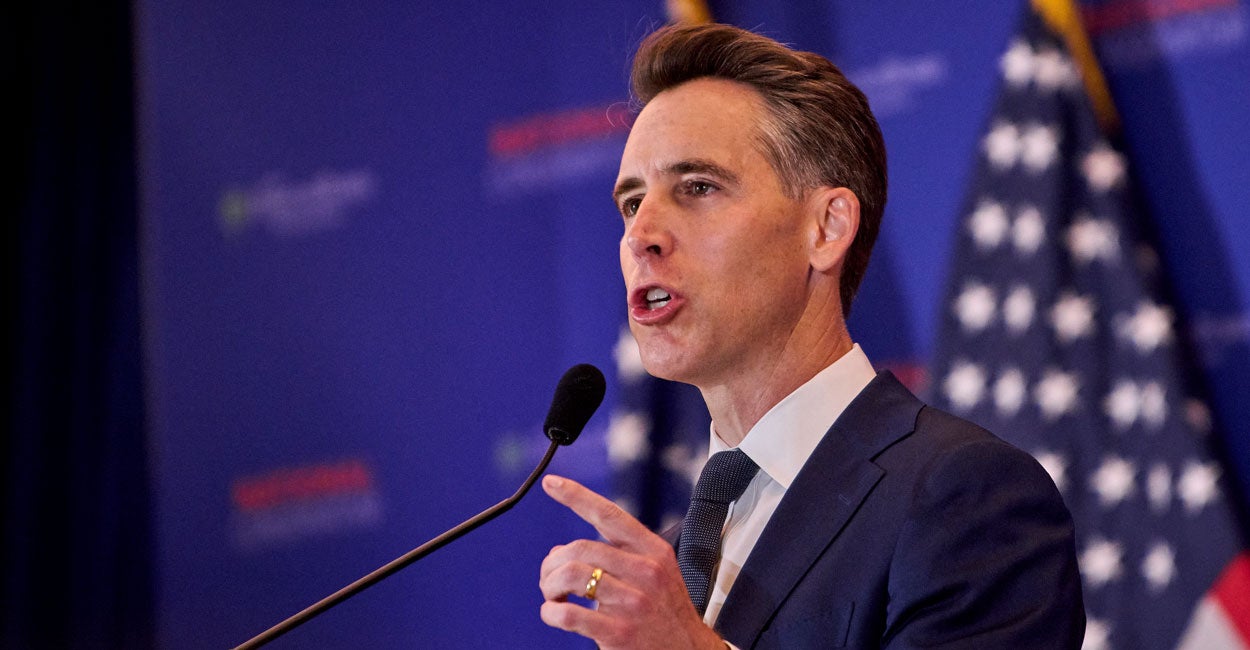Progressives’ ‘democracy’ is just a cover for unaccountable power


Every country is governed by an organized elite, and every ruling class relies on a narrative that justifies its authority. Political theorist Gaetano Mosca called this a political formula — a framework that defines the legitimacy of a government. Without a radical shift in this formula, a nation's people assume their leaders must operate within the existing governmental structure.
Americans expect to be governed as a republic, with a mixed constitution that heavily favors the input of the common man. While aspects of the narrative justifying government power have remained intact, the ruling elite have fundamentally altered how the state functions.
When Democrats claim Trump threatens 'our democracy,' they really mean he threatens their administrative state.
Technocratic bureaucracy now dominates every branch of government, replacing the will of the people with the judgment of so-called experts. Donald Trump has declared war on this bureaucracy — what many call the deep state — acknowledging the extent to which the federal government has been transformed. His stance has deeply unsettled his opponents.
The entrenched elite believed their new governing model was permanently enshrined. Yet to their shock, the power of America’s foundational principles still holds enough force to challenge the system they assumed was complete. Republican presidents have come and gone, but for the first time in years, the ruling class is paralyzed by the prospect of real change.
The U.S. Constitution establishes essential ground rules, but the Founding Fathers designed it with significant flexibility. While power is divided among three branches with built-in checks and balances, the dominance of each branch has shifted throughout history. This adaptability has allowed the nation to respond to crises without requiring a formal revolution.
This flexibility ensures continuity of governance during emergencies, but it also makes it difficult for the public to recognize when a more insidious shift occurs within the state’s structure.
Some trace the origins of the administrative state to Chester A. Arthur or Woodrow Wilson, but few deny its full emergence under Franklin D. Roosevelt. FDR’s New Deal created a vast bureaucracy of experts tasked with modernizing and centralizing economic and political power. The Great Depression and World War II provided the perfect justification for this transformation, and Americans — grateful for an end to both crises — barely noticed how radically their form of government had changed.
FDR’s managerial revolution still haunts the United States. Today, the country operates less like a republic and more like a web of insular, unaccountable bureaucratic agencies.
Progressives are eager to dismantle the constitutional restraints on democracy, such as the Electoral College and the Senate, while shifting power away from elected representatives and into the hands of the administrative state. The left has worked hard to dominate public opinion through institutional control and wants to maintain a direct and unobstructed link between its bureaucratic machinery and the people it seeks to govern. To the left, the checks and balances of a mixed republican constitution are archaic and inconvenient. When Democrats claim Donald Trump’s presidency threatens “our democracy,” they really mean he threatens their administrative state.
Average Americans may struggle to pinpoint exactly when or how their government changed, but they recognize that something feels fundamentally different from what they were promised. Even if most citizens today have never lived under a truly representative republic, the founding narrative remains powerful enough for Americans to see it as their rightful system of government — and to demand its return.
Democrats may cry “constitutional crisis” as Trump removes corrupt officials and empowers Elon Musk’s Department of Government Efficiency to slash bureaucracy. But voters understand that this decisive exercise of executive power aligns far more with the original mixed republican system than anything the administrative state has imposed. Trump’s executive orders may threaten their “democracy,” but bold action is essential to restore the republic’s promises.
The left obscured its quiet revolution by replacing the constitutional republic with an unaccountable administrative state. Believing this transformation to be permanent, progressives even exported the model as a blueprint for governance across the Western world. In countries like the United Kingdom and Germany, technocratic governments now arrest their own citizens for criticizing failed policies, all in the name of defending “democracy.”
But in the United States, the republic’s legacy remains too strong to erase. Despite being ground zero for the technocratic revolution, America is also poised to lead its rejection.
Trump campaigned on Making America Great Again, and the key to fulfilling that promise is dismantling the bureaucratic behemoth that has strangled American ingenuity, productivity, and liberty. The republic’s narrative still beats in the heart of the nation, and by pledging to restore it, Trump has rallied his supporters to the difficult but necessary task of reversing the left’s technocratic revolution.
Originally Published at Daily Wire, Daily Signal, or The Blaze
What's Your Reaction?
 Like
0
Like
0
 Dislike
0
Dislike
0
 Love
0
Love
0
 Funny
0
Funny
0
 Angry
0
Angry
0
 Sad
0
Sad
0
 Wow
0
Wow
0


